To celebrate scientists and scientific advancements, we have collected a list of the most famous Muslim scientists that will inspire us for the greater good.
There’s no denying it: the Muslim world has a rich and fascinating history. From the first Islamic empire to the invention of algebra, Muslims have left an indelible mark on human history.
One of the most important contributions Muslims have made to society is in scientific discovery. In fact, many modern scientists are inspired by the work done by Muslim scientists from centuries ago.
Here are 16 of the most famous Muslim scientists and their contributions to science:
Table of Contents
Famous Muslim Scientists
#16. Al-Hasan Ibn Al-Haytham (354 AH-430 AH): Father of Modern Optics

What makes Al-Hasan Ibn Al-Haytham famous?
Have you ever heard of a scientist who invented the modern concept of visual perception? Well, your search is over.
In the world of science, many great names come to mind: Galileo, Newton, Einstein—but none may match Al-Hasan ibn Al-Haytham.
Born in Iraq during the Islamic Golden Age, Ibn Al-Haitham is best known for paving the way for modern scientists.
His Book of Optics was one of the most important works on optics ever written. It offered a new understanding of light and vision.
Al-Hasan is also known for pioneering the scientific method. This process involves careful observation and experimentation to test hypotheses about how things work.
Today, scientists use the scientific method to study a wide range of topics. It has helped us to understand everything from the solar system to human behavior.
[Source: Wikipedia]
#15. Ali ibn Isa al-Kahhal: A Pioneer in Ophthalmology
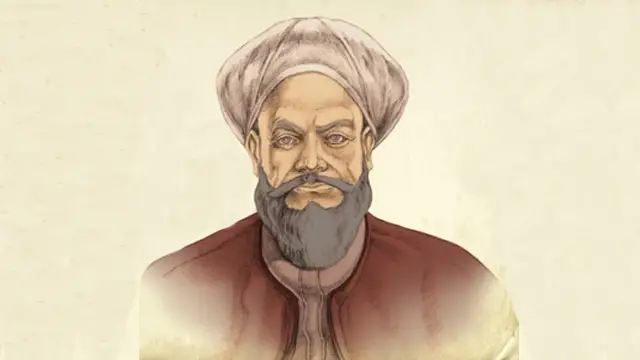
What makes Ali Ibn Isa al-Kahhal famous?
Ali ibn Isa al-Kahhal was an ophthalmologist who made his mark in medieval science. His book Memorandum of the Occultists was one of the most influential texts during this time. It covered many eye diseases and their treatments.
In addition to providing information about specific eye disorders, Isa al-Kahhal also illustrated the anatomy of the eye itself.
This talented scholar is often credited with helping bring ophthalmology into its modern form. His work on this subject predates that of many European scientists by hundreds of years. It shows just how advanced Islamic science was during this period.
[Source: Muslim Heritage]
You might also like:
- Journal of Islamic Thought and Civilization
- Journal of Islamic Studies
- Islamic Philosophy, Theology and Science: Texts and Studies
- International Journal of Islamic Thought
- Journal of Sciences, Islamic Republic of Iran
#14. Abu Hanifa ad-Dinawari: Father of Arabic Botany
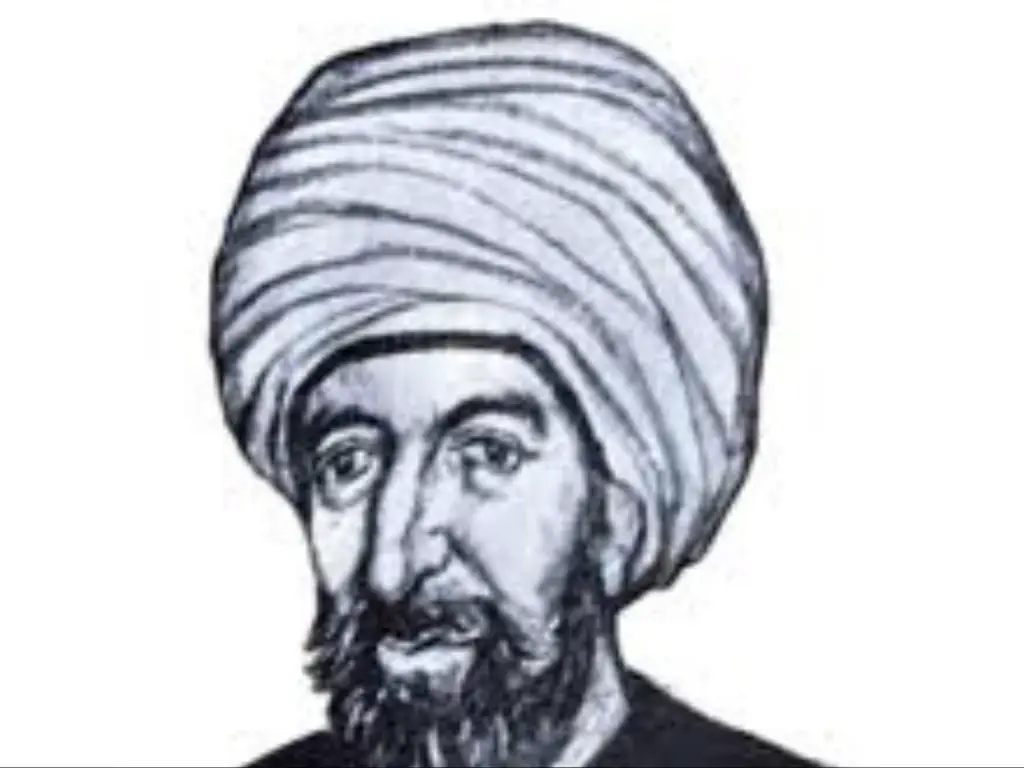
What makes Abu Hanifa ad-Dinawari famous?
Abu Hanifa ad-Dinawari was a Persian polymath and the author of the Book of Plants. He is notable for his contributions to mathematics, astronomy, and botany.
Dinawari pioneered Arabic botany by creating an index that documented all the different types of plants.
His plant book was one of the most important works on botany in the medieval Islamic world. It consists of six volumes and more than 600 pages.
This treatise contains information about plants—their names, and characteristics.
Ad-Dinawari was also one of the first Muslim scientists to examine the relationship between astronomical concepts and plants.
[Source: Encyclopedia Britannica]
Similar Articles:
- 20+ Famous Hispanic Scientists That You Should Know
- 20+ Famous Black Scientists That You Should Know
- 20+ Famous Female Scientists That You Should Know
- Top 17 Famous Chinese Scientists That You Should Know
- Top 18 Famous Asian Scientists You May Not Know
#13. Ismail al-Jazari (1136-1206): Father of Robotics & Inventor
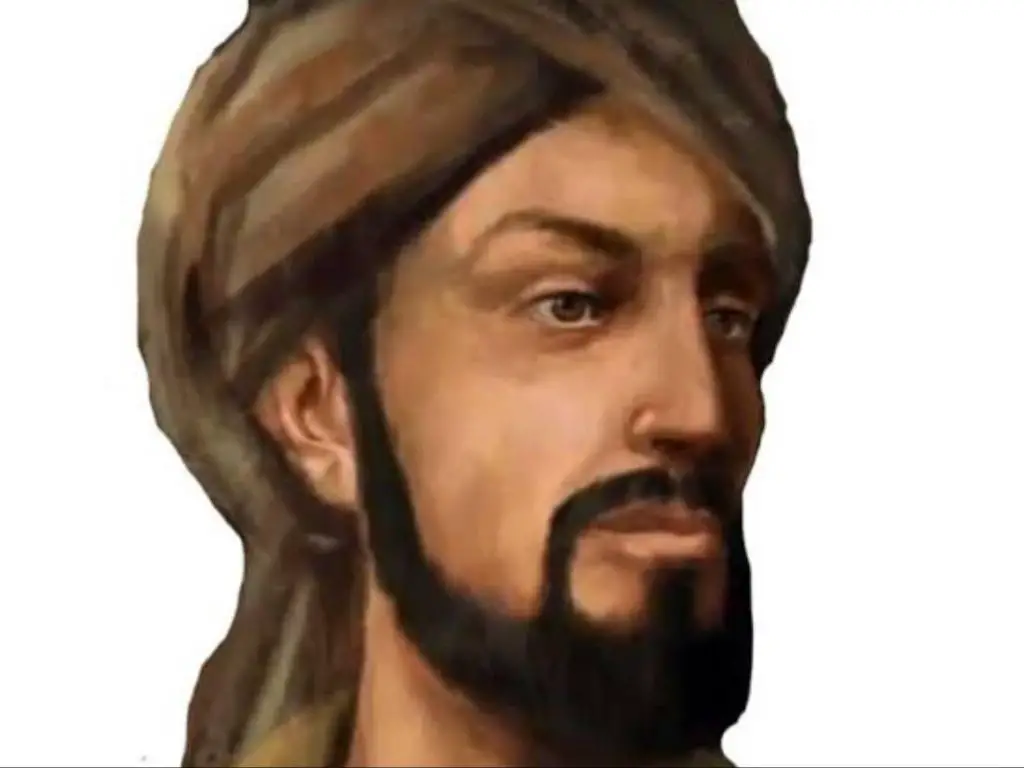
What makes Ismail al-Jazari famous?
Al-Jazari was a scholar and polymath who lived in the 12th century. He is noted for his work in many fields of science, including robotics and mechanical engineering.
In addition to being an astronomer, he was also an inventor who developed the first elephant clock and other devices that were used during the Arab civilization.
Al-Jazari’s work in engineering began with a handbook for building devices. This text is known as “The Book of Knowledge of Ingenious Mechanical Devices.” It contains detailed descriptions of 50 mechanical devices used during his time and instructions on how to build them.
Besides these significant contributions to engineering, Al-Jazari developed several other types of innovative devices. This work set the stage for the first robot.
[Source: Wikipedia]
#12. Ibn al-Nafis (1213-1288): Father of Pulmonary Circulation of Blood
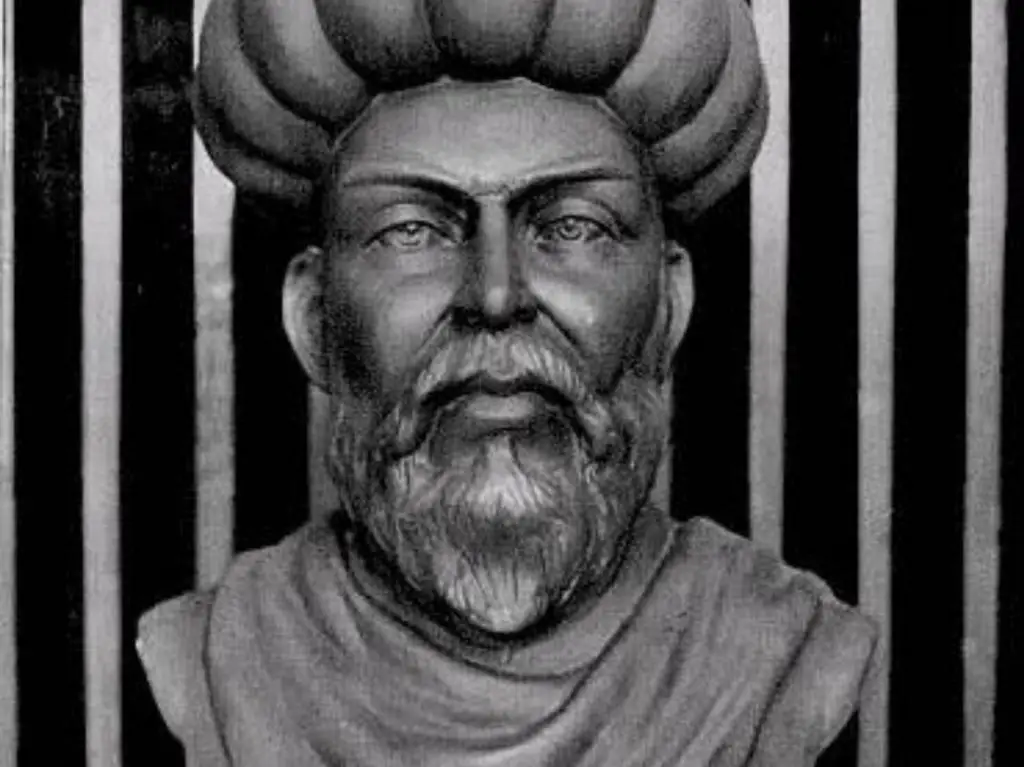
What makes Ibn al-Nafis famous?
Ibn al-Nafis was an Arab polymath and physician who lived in the 13th century. He is notable for contributing to medical science and Islamic philosophy. Many modern medical practitioners continue to cite his work to this date.
Al-Nafis produced the world’s first description of pulmonary blood circulation. He discovered that pulmonary blood circulation begins at the heart’s right ventricle and continues through capillaries in the lungs before returning to the left atrium via pulmonary veins.
Al-Nafis also described how blood passes through capillaries between arteries and veins (known as capillary circulation).
[Source: National Library of Medicine]
You might also like:
- Top 18 Famous Asian Scientists You May Not Know 2024
- We Help scientists make more impact
- Muslim World, The Impact Factor & Key Scientometrics
- Muslim Minorities
- Contemporary Islam Impact Factor & Key Scientometrics
#11. Piri Reis (1465-1553): Navigator & Cartographer
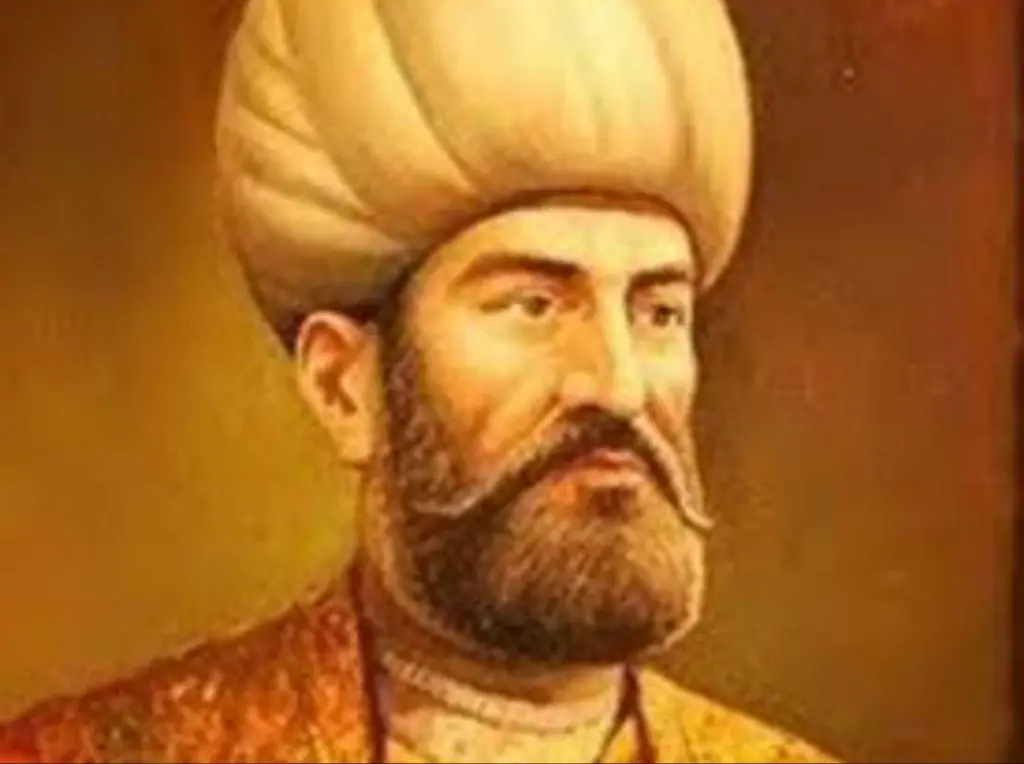
What makes Piri Reis famous?
Piri Reis was a Turkish navigator and cartographer who lived in the 16th century. He’s notable for making one of the oldest maps known today, which detailed the coastlines of Africa and Europe.
His text Book of Navigation described navigational techniques and ports along the Mediterranean Sea.
Piri Reis had access to some of the most advanced scientific knowledge of his time. He used it to create maps that are still resourceful.
[Source: 1001 Inventions]
Similar Articles:
- 20+ Famous Computer Scientists That You Should Know
- 19 Famous Christian Scientists That You Should Know
- 17 Famous Scientists With ADHD That You May Not Know
- Top 18 Famous Asian Scientists You May Not Know
#10. Ibn Khaldun (1332-1406): One of The Greatest Social Scientists of Medieval Islam
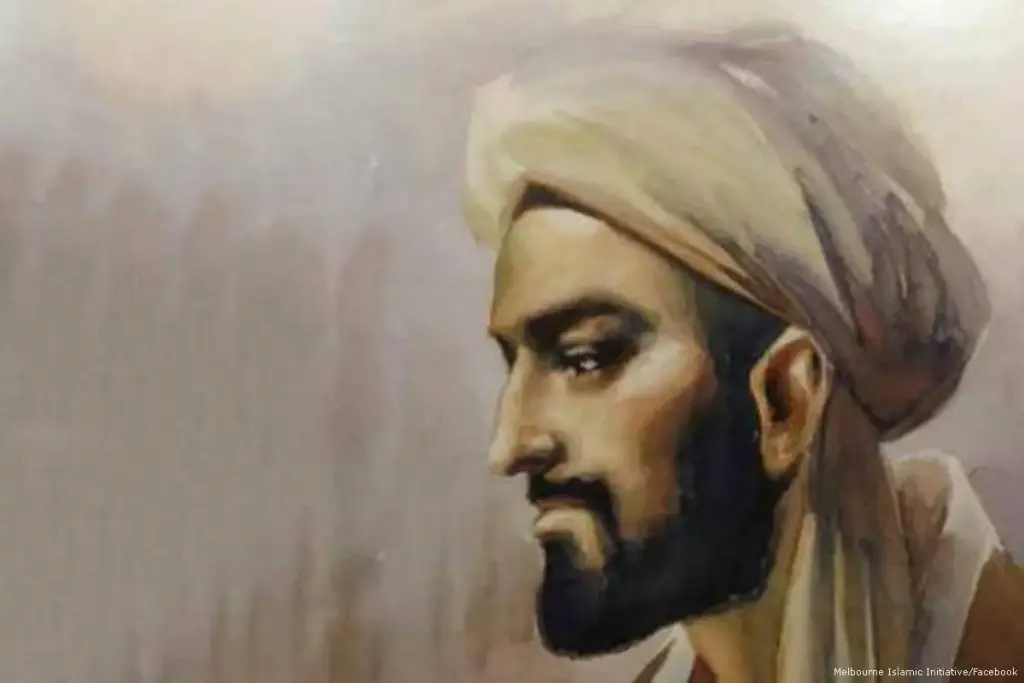
What makes Ibn Khaldun famous?
Ibn Khaldun was an expert in Islamic social sciences. He is notable for popularizing the Islamic perspective on sociology, historiography, demography, and economics.
As an Islamic scholar, Ibn Khaldun helped Ottoman historians analyze the Ottoman Empire.
He also wrote on various topics of history, such as politics and economics. His book titled Introduction provided valuable information on how to study history and how it is related to other disciplines such as sociology and economics.
[Source: Encyclopedia Britannica]
#9. Ibn al-Baytar (1197-1248 AD): The Man Who Recorded Medieval Medicine
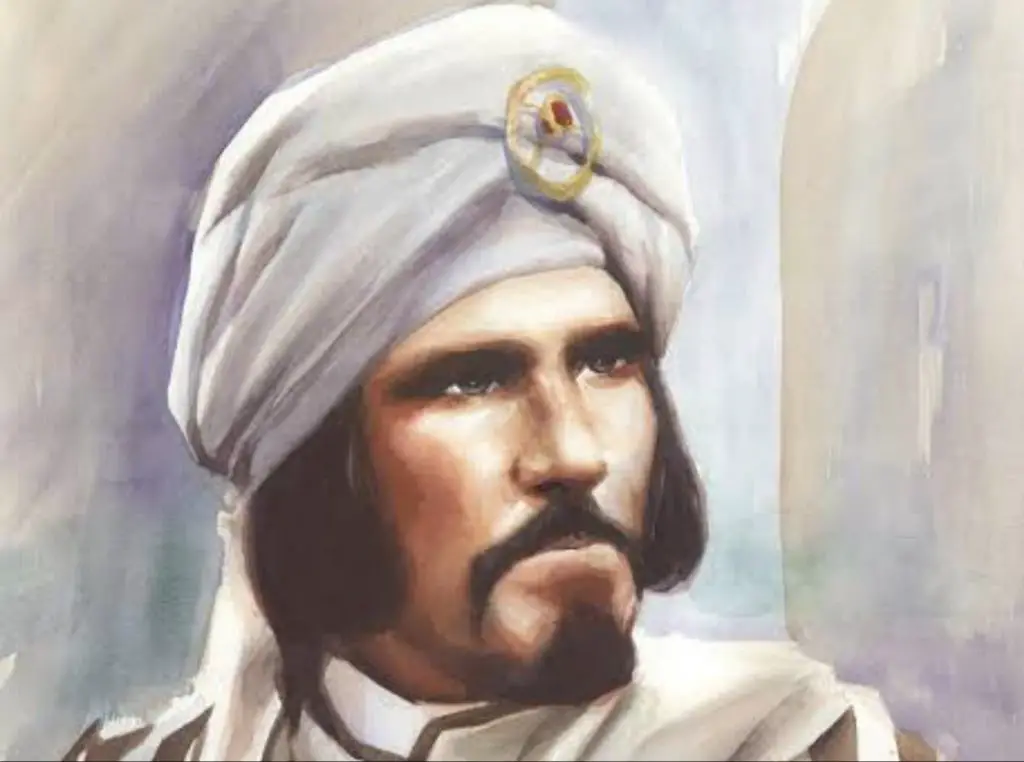
What makes Ibn al-Baytar famous?
Ibn al-Baytar was an influential Arab physician and botanist from the Middle Ages. Not only was he an expert in Arabic medicine, but he also had a great knowledge of plants and their medicinal properties.
In his time, Ibn al-Baytar was one of the most well-known Muslim scholars. He wrote many books on the subjects that interested him, including medicine and botany.
Ibn al-Baytar’s work is used today by modern researchers studying medieval medicine and science.
[Source: Encyclopedia.Com]
#8. Thabit ibn Qurra (836-901): A Reformer of Ptolemaic Astronomy
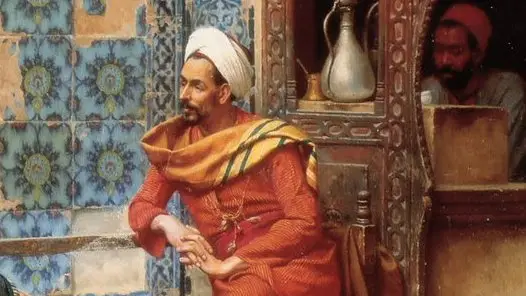
What makes Thabit Ibn Qurra famous?
Thabit ibn Qurra was a Turkish mathematician and astronomer notable for reforming the Ptolemaic system. He also contributed to mechanics, algebra, and geometry.
His work on astronomy, particularly regarding the Ptolemaic system, paved the way for a new model to describe the solar system.
Claudius Ptolemy developed the Ptolemaic system. It proposed geocentrism to explain the motion of celestial bodies around Earth using mathematical models.
Thabit ibn Qurra discovered that a sidereal year has 365 days, 6 hours, 9 minutes, and 12 seconds. This discovery led Nicolaus Copernicus to discover that the Earth rotates around the Sun instead of vice versa (called heliocentrism).
[Source: Mac Tutor]
Similar Articles:
- 18 Famous Asian Scientists You May Not Know
- 20 Famous American Scientists You Should Know
- 17 Famous Forensic Scientists You Should Know
#7. Ammar ibn Ali Al-Mawsili: Inventor of The Hypodermic Syringe
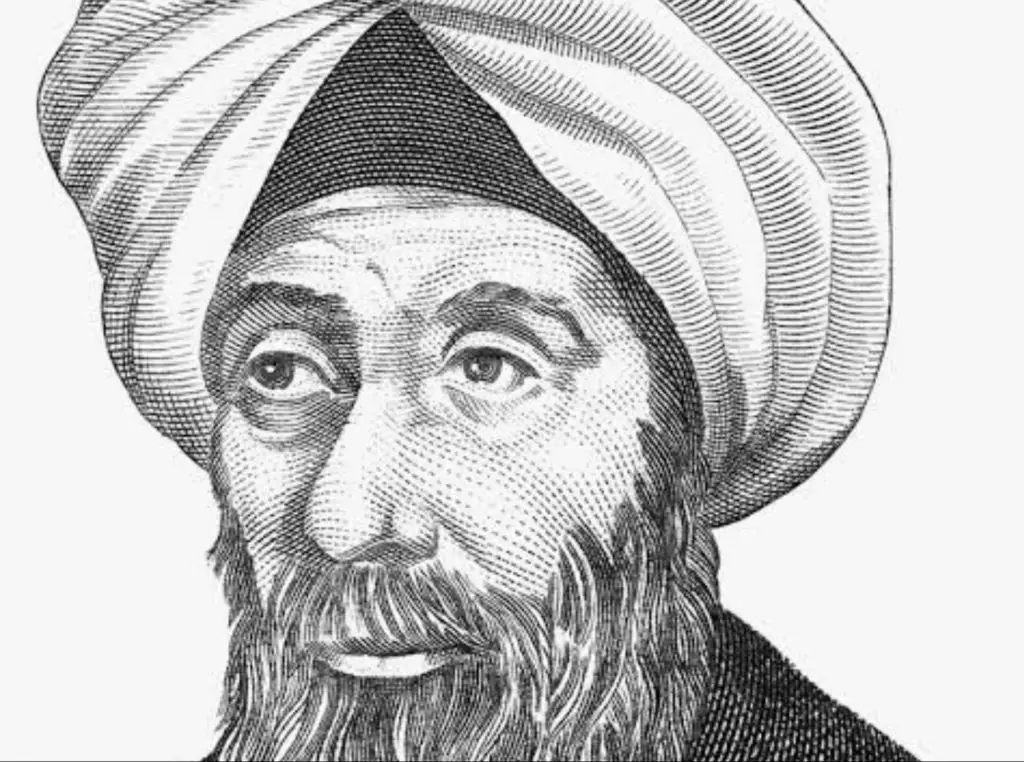
What makes Ammar ibn Ali Al-Mawsili famous?
Ammar ibn Ali Al-Mawsili was an Arab ophthalmologist known for inventing the hypodermic syringe.
He used this hollow needle to remove cataracts from patients’ eyes. This allowed him to perform surgery on their eyes without damaging any of their other organs.
Inventing the hypodermic syringe was not just one of his many accomplishments—it was a milestone in the history of medicine.
Before that, people had to use a large needle to inject medicines into their eyes. This could be dangerous and painful, especially if the patient had already lost some vision from their cataract.
But with Al-Mawsili’s invention, doctors could administer injections directly into the eye without causing pain or damage. It also meant that they could treat patients in their own homes rather than having them travel to a hospital or clinic for treatment.
[Source: Wikipedia]
#6. Abu Nasr Al-Farabi (872-951): One of The Greatest Ancient Islamic Philosophers
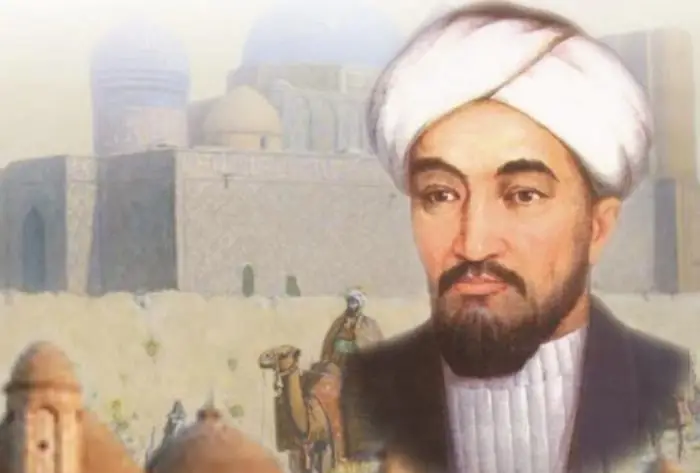
What makes Abu Nasr Al-Farabi famous?
Abu Nasr Al-Farabi was a Muslim philosopher, mathematician, and cosmologist. He is best known for his works in logic, metaphysics, political philosophy, and ethics.
Al-Farabi was born in present-day Afghanistan when the Islamic empire was expanding rapidly across Asia. As a result, he was exposed to different cultures from an early age.
This Muslim scientist is considered one of the greatest thinkers of the Islamic Golden Age. He was also a pioneer in sociology, psychology, and political philosophy.
[Source: Wikipedia]
#5. Al-Battani (858-929): Ptolemy of the Arab World
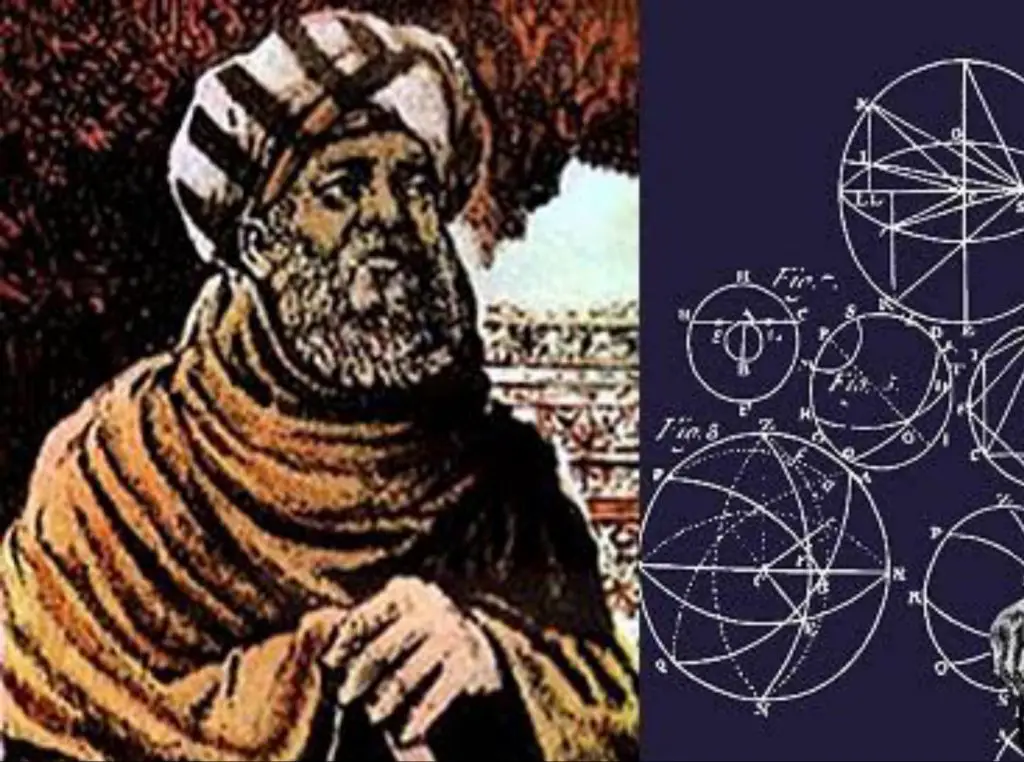
What makes Al-Battani famous?
You might not have heard of Al-Battani, but if you’re into math and science, you definitely should. This guy was one of the most famous astronomers in history.
Al-Battani was a mathematician and astronomer born in modern-day Turkey. He’s best known for being the first person to discover how the solar eclipse occurs. Al-Battani figured out that it’s caused by the moon being between us and the sun.
He also introduced sines and several trigonometric relationships that mathematicians use today.
[Source: Mac Tutor]
Similar Articles:
- 18 Famous Environmental Scientists You Should Know
- 20+ Famous Space Scientists That You May Not Know
- 16 Famous Data Scientists That You Should Know
#4. Ibn Sina (980-1037): Father of Medicine
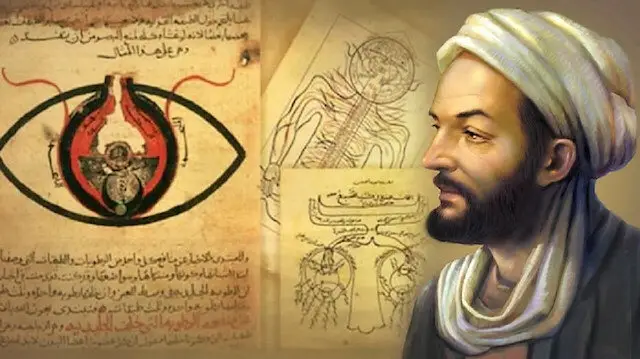
What makes Ibn Sina famous?
Abu Ali Ibn Sina, or Avicenna as he was known in the West, was a prominent Muslim scientist. He was a physician and philosopher who wrote on several topics, from alchemy to medicine.
His notable books include The Book of Healing and The Canon of Medicine. Medieval universities used his books as standard medical texts until the Renaissance. Avicenna’s work was so influential that he became known as “the most famous physician of the Islamic Golden Age” by historians.
[Source: Stanford Encyclopedia of Philosophy]
#3. Muhammad ibn Musa Al-Khwarizmi (780-850): Father of Algebra
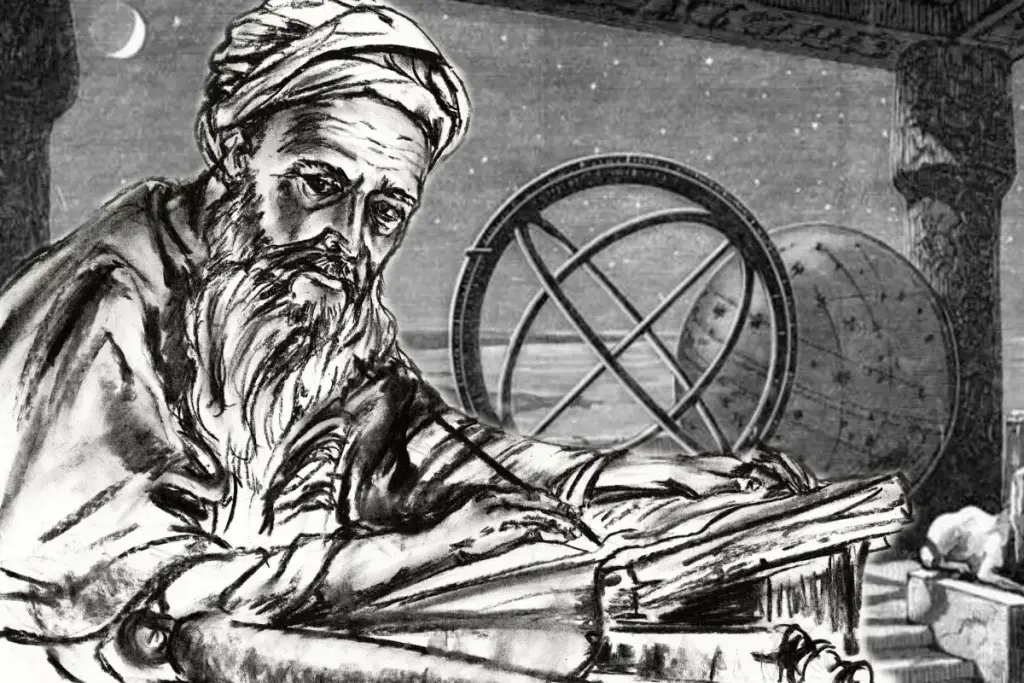
What makes Muhammad ibn Musa Al-Khwarizmi famous?
Muhammad ibn Musa Al-Khwarizmi was a Muslim scientist best known for coming up with the completing square method of solving quadratic equations.
In his home country of Iraq, Khwarizmi was a prominent mathematician who wrote about algebraic equations and how to solve them. He also wrote on trigonometry, geography, astronomy, and other subjects.
Khwarizmi is considered one of the fathers of algebra due to his work on the methods of solving quadratic and linear equations. He was also the first person to view algebra as an independent discipline
Khwarizmi’s work helped introduce the decimal number system to Europe when translated into Latin.
[Source: Encyclopedia Britannica]
You might also like:
- 15 Must-Read Computer Science Books For Self Study
- Top 19 Famous Christian Scientists That You Should Know
- Top 18 Famous Asian Scientists You May Not Know
#2. Abu Bakr Al-Razi (865-935): A Pioneer in Medicine
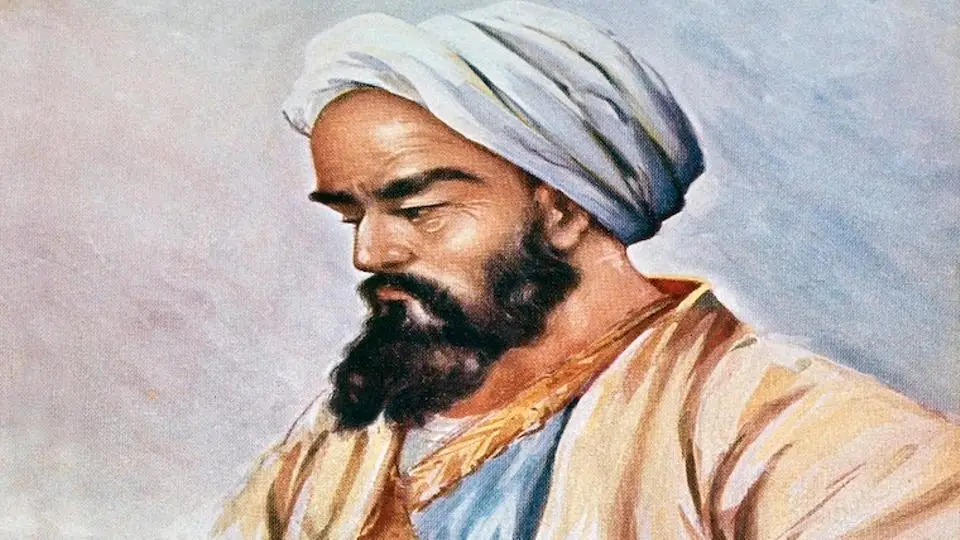
What makes Abu Bakr Al-Razi famous?
Abu Bakr Al-Razi was a Persian physician who is most notable for pioneering medical science.
He is also credited with being the first person to distinguish between smallpox and measles. Even though he achieved this feat, Al-Razi didn’t have much luck convincing anyone that he was right about it—people just thought he had gone crazy.
He’s also known for writing the first pediatrics book, and he taught students how to treat patients.
Al-Razi was one of the earliest experimentalists in medicine. He believed that symptoms were not caused by magic or spirits.
His most important contribution was his dedication to empirical evidence instead of superstition or relying on prior knowledge. He believed that everything should be tested before being accepted as fact.
[Source: Stanford Encyclopedia of Philosophy]
#1. Jabir Ibn Hayyan: A Pioneering Islamic Alchemist
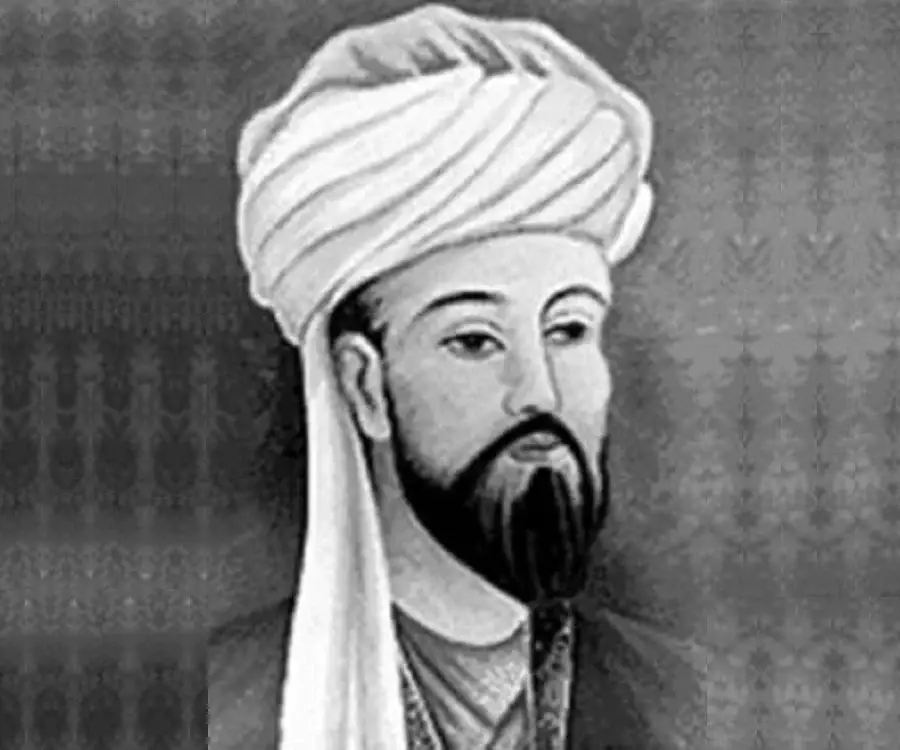
What makes Jabir Ibn Hayyan famous?
Jabir Ibn Hayyan was an influential Muslim scientist believed to be the author of the Jabirian Corpus. This text focuses on religious philosophy, alchemy, and magic.
Jabir is also credited with being one of the first people to systematically classify chemical substances. This was an important step in the development of modern chemistry and medicine.
[Source: Wikipedia]
Final Thoughts
These are a few Muslim scientists who made astounding contributions to science, technology, and engineering.
They are a great source of inspiration for many people. Their work proves that you can achieve your dreams, no matter how difficult they may seem.
The stories of these scientists should inspire us to keep learning about ourselves and our universe, no matter our backgrounds. We’re all part of this wonderful collective human experience called life. This means we all have something new to contribute.

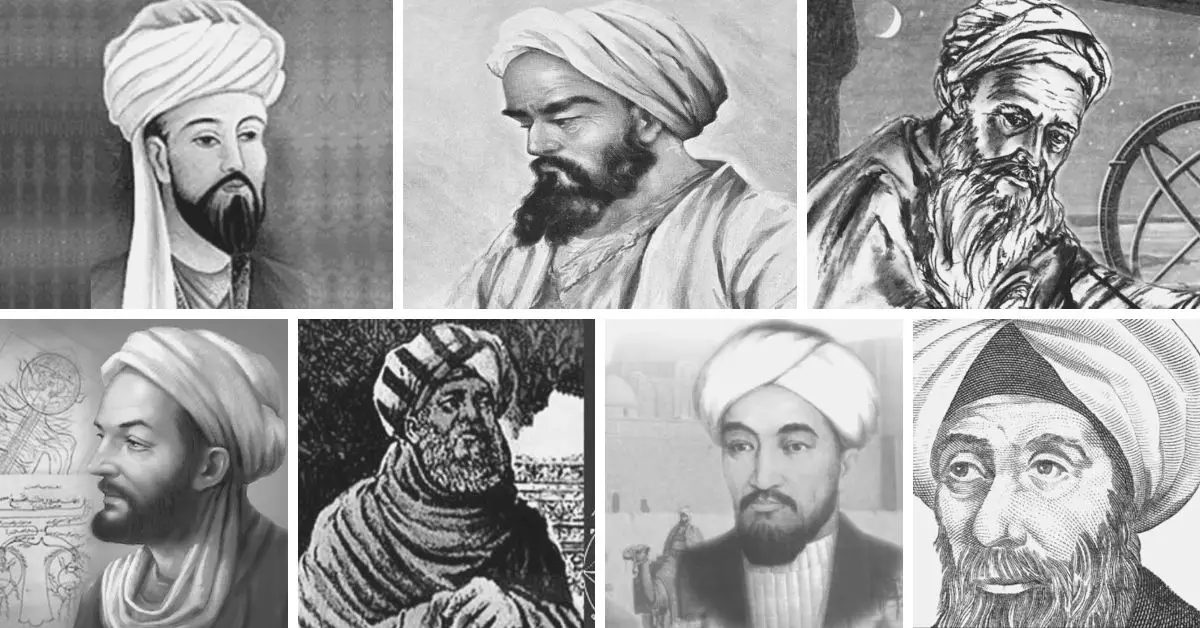

Do you have problem with persian?
Jabir ibn hayyan,Al-Razi,al-khwarizmi,Avicenna,Al-Farabi,Al-Jazzari Were Persian…you should mention 《persian》for them.!
It strikes me that much of the Arabic, Indian and other associated nations such as the Persians have been for centuries been marginalised and their knowledge poached by Europeans without them being credited for what they passed onto our scientists. I have a copy of Jim Al-Kalili’s book on the subject and wish others such as yourself, wrote more about this fascinating subject. I also strongly feel that the Muslim faith has indeed been far more open-minded about what science can deliver than Christianity because it’s obsession with Dogma. I do wonder, what wonderful texts sit hidden in the Vatican’s libraries!